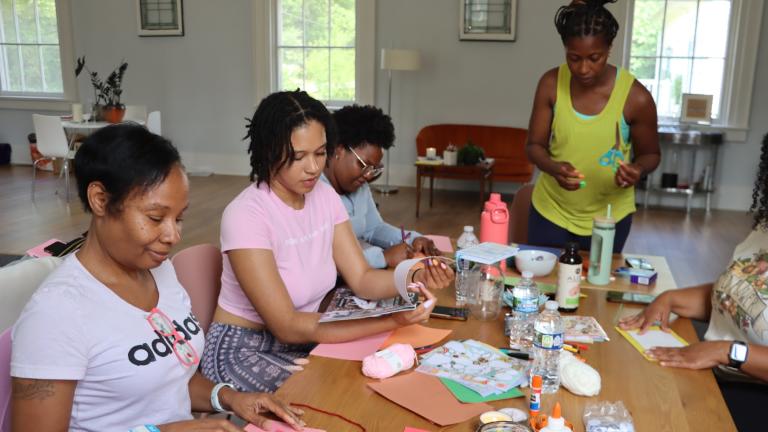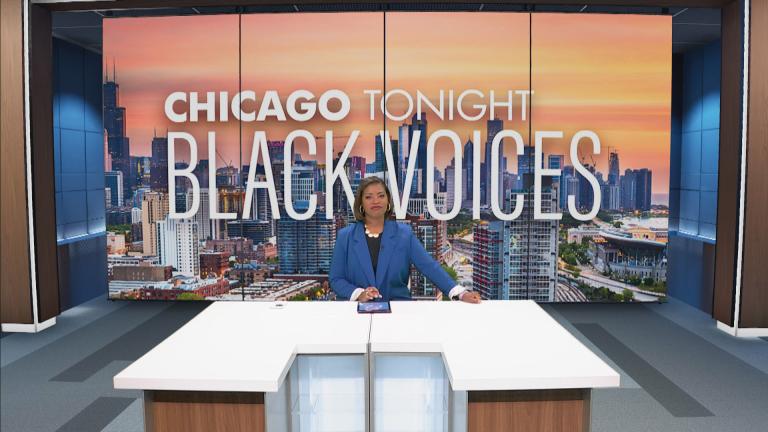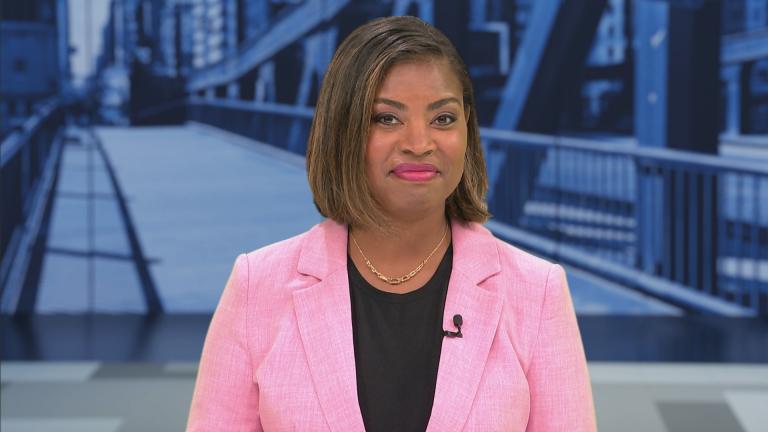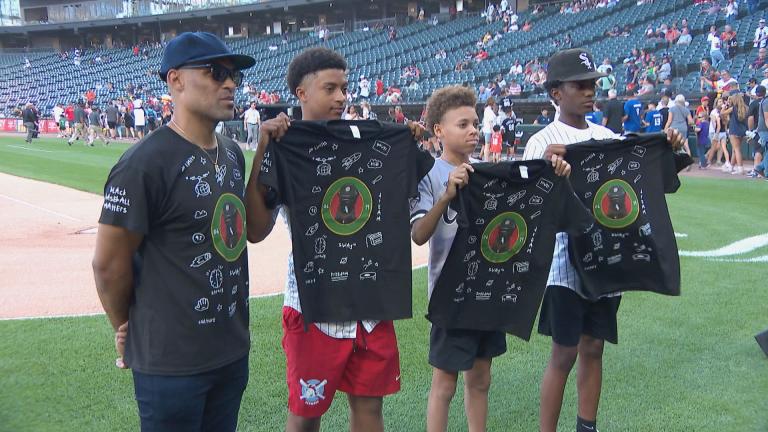The 2023 Academy Awards will see historic Asian representation, but the Oscars are still coming under fire over issues of representation, even eight years after the hashtag #OscarsSoWhite led to a reckoning within the Academy. Despite some changes, no Black director has ever won best director and no Black woman has ever received a directing nomination.
The historical action-adventure film “The Woman King” starring Viola Davis and directed by Gina Prince-Bythewood was considered to be a film that might finally break that best director barrier — but it received no nominations at all from the Academy.
DePaul University professor and filmmaker Rachel Bass said all the pieces were there for an Oscar winner in “The Woman King.”
“By all looks, it did everything right,” Bass said. “It was a $50 million budget film. It was a box office success. Entirely Black-led female cast, Black director,” Bass said. “And so, the question is, how could the Academy not recognize that when other films, especially in the action-adventure category, have historically been nominated?”
Film critic Robert Daniels said he, too, expected “The Woman King” to garner some nods.
“There’s a part of me that’s very surprised by it and yet there’s a part of me that isn’t surprised by it knowing the historical barriers behind Black directors and filmmakers and Black stories being honored,” Daniels said. “When the nominations dropped and I saw ‘The Woman King’ was not nominated, I was shocked to see it totally blanked.”
Bass said in the years since #OscarsSoWhite, the Academy’s interest in diverse nominations seems to have regressed somewhat.
“2015 was the first of two consecutive years of all White actor nominees, and historically, white men have dominated in the best director categories,” Bass said. “So then after 2016, we saw a little bit of a knee-jerk reaction from the Academy when ‘Moonlight’ won best picture, you had best supporting actor Mahershala Ali won, Viola Davis for ‘Fences.’ And so, there was a little bit more representation. But I think now that we’re back to a most, mostly all White leading actress category and all White actor category. And with the exception of Daniel Kwan, an all-White male director lineup, the question is: Was 2017 a fluke, or were those considered handouts or was there lasting deep systemic change?”
Daniels also pointed out that the lack of diversity has roots beyond the Academy.
“I think the problem was it was just ‘Oscars so White’ instead of the entire ecosystem being so White,” Daniels said. “So if you look at the Directors Guild of America every year, they do their five nominees, and typically the five nominees are the five nominees that show up at the Academy Awards. However, they have never nominated a Black woman as best director in their entire history. And so, when you see someone already failing at what’s considered a precursor to even get to the Academy Awards, then we’re not talking about just the Academy Awards is a space that needs to improve, that needs to change. We’re talking about the entire ecosystem. So I think from the top down from the precursors like DGA, SAG, Golden Globes all the way down to Critics Group and especially at the studio level where studios are deciding what films get the proper budget that’s needed in order to compete for an Academy Award. I think we have to look at the whole system rather than just one component of it.”
Ultimately, the Oscars presenting themselves as an artistic meritocracy is misleading, Bass said.
“We have to stop treating the Oscars as about talent and storytelling,” Bass said. “I think that’s putting the cart before the horse. This is fundamentally about access and power … what the rules of this game are. I think we have to stop moving away from this, ‘This is great cinema, and this is great storytelling.’ Maybe in like two decades, once things have equaled out, we can begin to talk about that. But first and foremost, we do have to think about this deeper overhaul of power and access and how to fund more movies, so that also roles are written for people of color to be able to be nominated.”
Daniels reiterated that it’s an issue that needs addressing at all levels of the filmmaking industry.
“There are roles [for Black performers] that exist, and that certainly helps, but there just isn’t enough being produced mostly because of the economic restrictions upon what movies get made and what movies don’t get made,” Daniels said. “And then even when they are made, what movies get put in front of viewers, what movies get put in front of [an] awards body. So it’s really just: Follow the money.”








